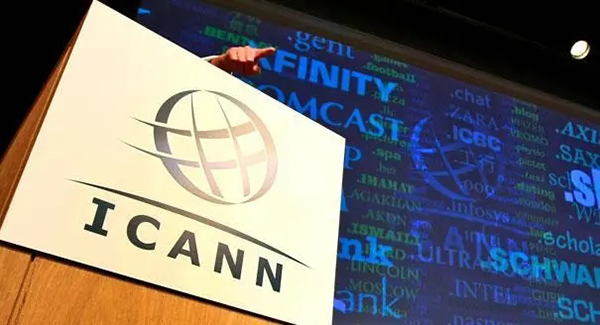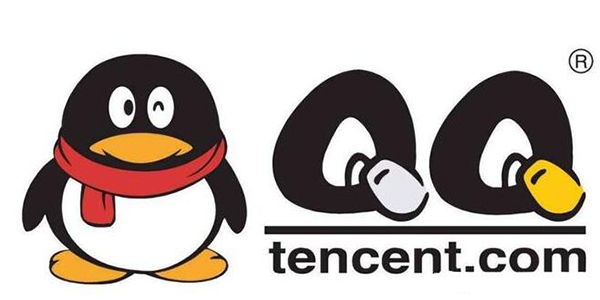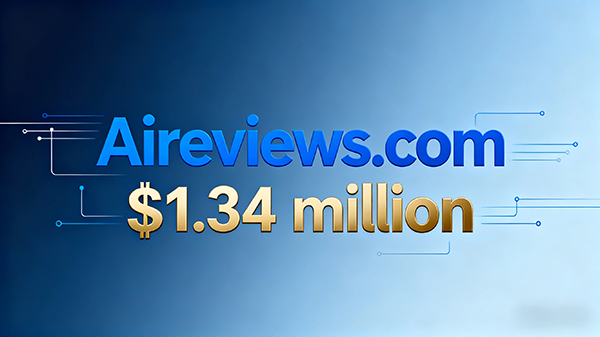
Domain name arbitration: How to avoid malicious arbitration?
From domain management organizations to various levels of agency entities, from domain registrars to domain auction houses, from domain speculators to domain investors, as well as domain parking services, DNS service providers... It turns out that in the domain industry's value chain, each segment has its own industry name, and most of them have played a positive role in the domain business. However, regardless of the positive contributions made by many in the domain industry, there is also significant attention given to the presence of malicious domain squatters, malicious domain parkers, and phishers.
"Statistically, from cases in domain dispute resolution, it's been found that roughly 70% of cases involve the use of identifiers similar to well-known trademarks for domain squatting. This may become the most significant type of threat to corporate domain brand protection in the new generic top-level domain space," says one expert.
The saying goes, "You don't know someone until you've fought with them." When this industry becomes more "real" due to their conflicts, domain arbitration, a seemingly unfamiliar but inevitable high-frequency term, has long been incorporated into the perspective of webmasters, becoming a prerequisite course that they cannot escape before they "debut."

1. Why are there so many "phony" websites?
Is the website's trademark more important, or is the domain name more important? Does a good domain name equal a website's online trademark? Have you ever had similar questions on your mind?
"Without a domain name, a company is like a house without an address. Without it, no one can find you on the internet, making it difficult to establish a strong corporate image." Typically, people use this explanation to highlight the value of domain names. As a result, domain names are seen as the link between businesses and internet addresses. Just like brands and trademarks, they play a crucial role in identification. They are a symbol of a company's presence on the internet, serving the dual purpose of indicating a site and guiding users to the company's site.
However, as domain names become electronic trademarks for companies on the internet, and as people gradually realize that these alphanumeric sequences can protect a company's intangible assets and establish a positive corporate image, problems like domain squatting and counterfeit domains are emerging like mushrooms after the rain. Given the uniqueness of domain names, they have become highly sought-after assets. Arbitration applications and legal battles are common, and even industry leaders do not hesitate to protect their interests, often at the expense of their public image.
2. Domain Arbitration Matters: How to Avoid Malicious Arbitration?
What is thought-provoking is that behind the competition for domain names and trademark rights, why are there so many identical "phony" websites? These websites often use the guise of well-known websites to disseminate false information and manipulate account credentials to deceive and harm consumers, causing them financial losses.
The root cause of this phenomenon likely lies in the diversity of domain types.

According to the regulations of the international internet domain system, domain names are categorized into only two types: generic top-level domains (gTLDs) and country code top-level domains (ccTLDs), with all others being derivatives of these. However, when we look around us in the real world, we find that there are many more types of domain names than just these two categories.
For instance, websites like Tencent (qq.com), Yahoo China (yahoo.com.cn), and others were established with established brand names or foreign domain names as their primary domain themes, and these are commonly referred to as brand domain names.
Next, there are numeric domain names, which are simple combinations of numbers. Examples include NetEase (163.com), 4399 Games (4399.com), and 12530 Ringtones (12530.com). Numeric domain names have always been popular.
Then there are pinyin domain names, where the domain name matches the pronunciation or abbreviation of the website name in Pinyin, such as Baidu (baidu.com), Taobao (taobao.com), Xunlei (xunlei.com), and Wangyou (wangyou.com).
Additionally, there are English semantic domain names, where the website name is either in English or an English abbreviation. This category seems to be the most abundant. Examples include China.com, People.com.cn, China Mobile (chinamobile.com), and Chinahr (chinahr.com).
Furthermore, there are some fuzzy semantic domain names that are neither entirely Pinyin nor entirely English but sound like the website name, such as Sohu (sohu.com), Sina (sina.com.cn), Sogou (sogou.com), and Mop (mop.com).
Finally, there are combination domain names that build upon Pinyin, English, and numbers, such as XinhuaNet (xinhuanet.com), ChinaRen (chinaren.com), and 9You (9you.com).
It's worth noting that while people might believe that search engine results are "automatically generated," paid listings play a significant role. Unfortunately, paid listings can make internet search results more cluttered, and phony websites, like those mentioned above, are a form of malicious domain squatting. Their existence leads to more domain arbitration cases.








